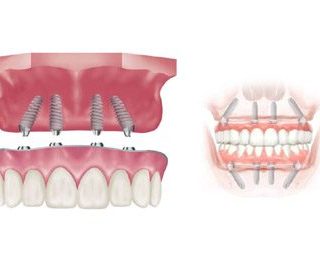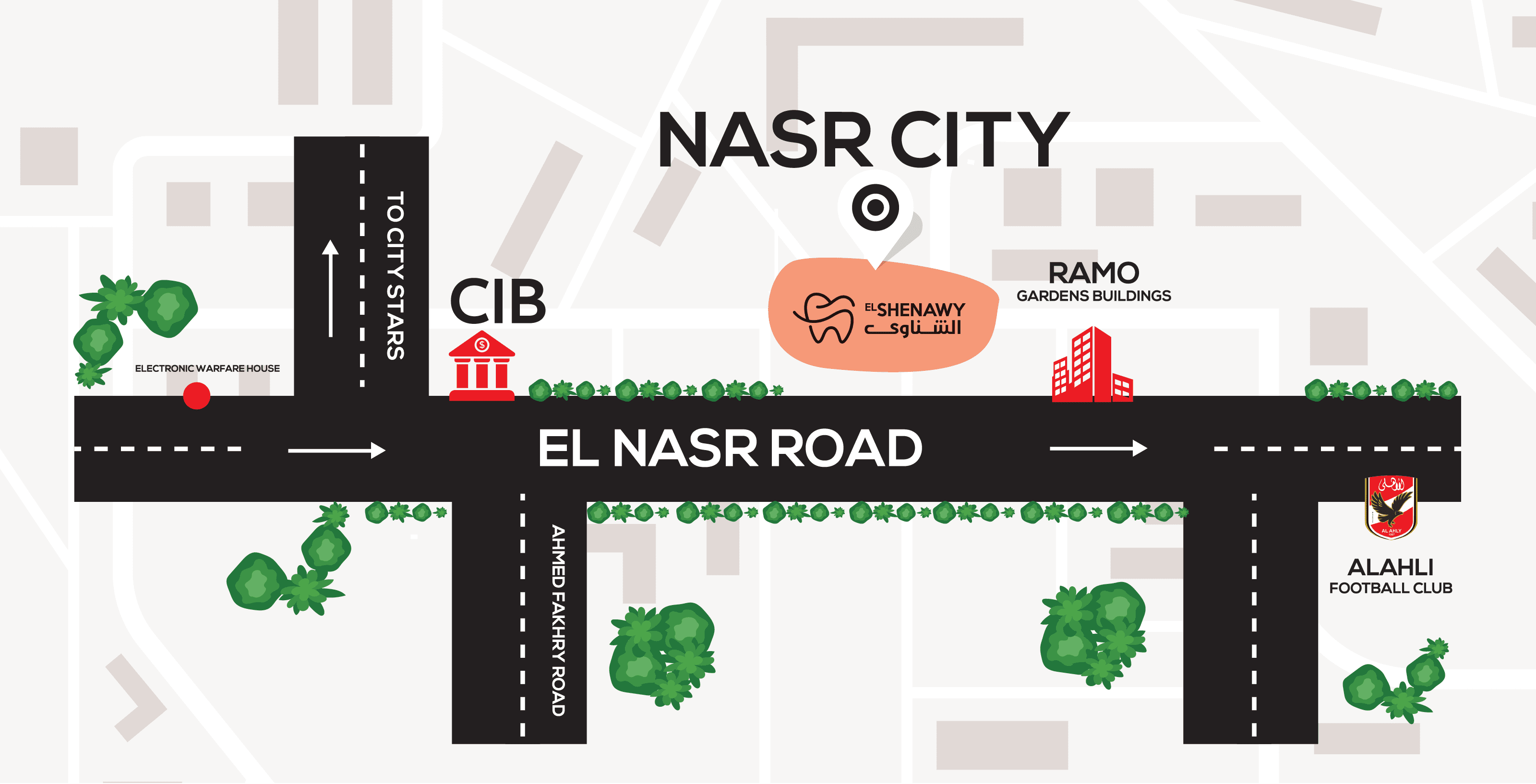If you’re a coffee lover, you might be struggling with the stains those daily cups leave behind, stains that can dull your smile no matter how often you brush. In fact, the dark pigments and natural acid in coffee stick to tooth enamel, so some staining is difficult to avoid over time.
The good news is that coffee stains on teeth can be easily treated. With the appropriate care, you can restore a brighter, whiter smile.
In this blog, we’ll break down the 5 most effective ways to remove coffee stains from teeth, along with prevention tips and expert advice to help you keep enjoying your coffee without compromising your confidence.
Over-the-counter whitening kits
The kits are among the easiest ways to combat the issue of stains on teeth from coffee at home. These kits can be found at most pharmacies. The kits typically come with whitening strips or pre-filled gel trays that will adhere to more than just surface stains. The active ingredient in whitening products is usually peroxide, which is able to penetrate the enamel to break down the pigments that cause stains.
Pros
- Affordable and easy to buy without a prescription.
- Visible difference in a few weeks with continued use.
- Simple application, often just 20–30 minutes a day.
Cons
- Results are usually more modest compared to professional treatments.
- Trays are one-size-fits-all, so they may not fit snugly, leading to uneven whitening.
- Possible side effects include tooth sensitivity or gum irritation if used too often.
Whitening toothpastes
Whitening toothpastes are a simple way to fight coffee stains as part of your daily routine. Unlike whitening kits that use stronger gels, these toothpastes rely mainly on mild abrasives to polish the surface of your teeth and scrub away stains. Ingredients such as sodium bicarbonate (baking soda) or calcium carbonate are commonly used for this purpose. Some whitening toothpastes may also contain small amounts of peroxide or other brightening agents like citrate to give an extra boost.
Pros
- Easy to use as part of your normal brushing routine.
- Helps eliminate surface stains and maintain whitening results.
- Affordable and widely available.
Cons
- Works only on surface stains, not deeper discoloration.
- Overuse of strong abrasives may weaken enamel.
- Results are usually gradual and mild.
In-office professional whitening
For faster and longer-lasting results, many people turn to professional whitening treatments at the dentist’s office. These treatments typically use high concentrations of hydrogen peroxide or carbamide peroxide, which are far more powerful than what you’ll find in store-bought products. Because the whitening agents are stronger, only a dentist should apply them to ensure the procedure is both safe and effective.
When done correctly, in-office whitening can greatly improve your smile. It can be achieved in just one appointment. The results will also last longer than the over-the-counter options, as the treatment can penetrate deeper into the enamel to break up deeper stains.
If you’re curious about the cost, check out our teeth whitening price guide for a full breakdown.
Custom at-home whitening from your dentist
Your dentist may also offer or suggest a custom, at-home whitening treatment. Instead of over-the-counter whitening kits that are generic for everyone, this treatment has custom-fitted trays made from a mold of your teeth. The trays are filled with a whitening gel (usually carbamide peroxide) that’s stronger than anything you can buy in a store, but less concentrated than the gel used for in-office procedures.
Because the trays fit your teeth perfectly, the whitening gel stays in close contact with the enamel, leading to more even results and less risk of gum irritation. Treatments are usually done at night or for a few hours each day, depending on your dentist’s instructions.
Daily oral care
Dentists consistently emphasize that brushing twice a day, flossing regularly, and regular dental checkups for professional cleanings are the foundation of a bright, healthy smile. While oral care alone may not erase stubborn coffee stains, it helps protect your enamel and strong enamel is your best defense against discoloration.
Pros
- Essential for long-term oral health.
- Helps prevent new stains and supports results from whitening treatments.
- Affordable and accessible for everyone.
Cons
- Cannot fully remove deep-set coffee stains on its own.
- Requires discipline and consistency.
- May still need to be combined with whitening products or professional treatments.
Why does coffee stain teeth?
The connection between coffee and teeth staining comes down to three main factors: tannins, pigments, and acidity.
- Tannins: Coffee contains tannins, which are components that can easily bond to tooth enamel. Once they bond, pigments can bond more easily and cause discoloration.
- Pigments: The dark color of coffee comes from chromogens; strong pigments that cling to the porous surface of enamel. Over time, these pigments create yellow or brown stains.
- Acidity: Coffee is slightly acidic, and acid weakens enamel temporarily. This can increase the risk of staining by tannins and pigments.
Additional tips to prevent coffee stains on teeth
- Use a straw for iced coffee: that will help minimize direct coffee contact with your teeth.
- Rinse with water afterward: a quick rinse with water helps wash away pigments before they set into enamel.
- Limit stain-causing foods and drinks: tea, dark berries, soy sauce are all products that can assist with discoloration too.
- Wait before brushing: coffee is acidic; brushing immediately can wear down enamel. Rinse first, then brush 30 minutes later.
- Consider whitening rinses: some mouthwashes contain mild whitening agents that can help prevent new stains from settling.
Why choose El-Shenawy dental centers for your whitening treatment
When it comes to removing coffee stains on teeth, professional guidance makes all the difference. At El-Shenawy Dental Centers, our whitening treatments are designed not only to brighten your smile but also to protect your long-term oral health. Our solutions, unlike generic over-the-counter kits, are customized for your needs, providing effective, safe results.
Our team uses advanced whitening techniques to target even deep coffee-stained teeth, restoring your natural brightness while minimizing sensitivity, while providing treatments tailored to your lifestyle and comfort.
Book your consultation now to get a personalized whitening plan tailored to your needs.
Frequently asked questions
Are coffee stains permanent?
No, coffee stains on teeth aren’t permanent. They can typically be removed through whitening products or professional treatments.
Do tea stain teeth as much as coffee?
Yes, tea can stain teeth as much as coffee, sometimes even more because it contains high levels of stain-causing tannins.



















